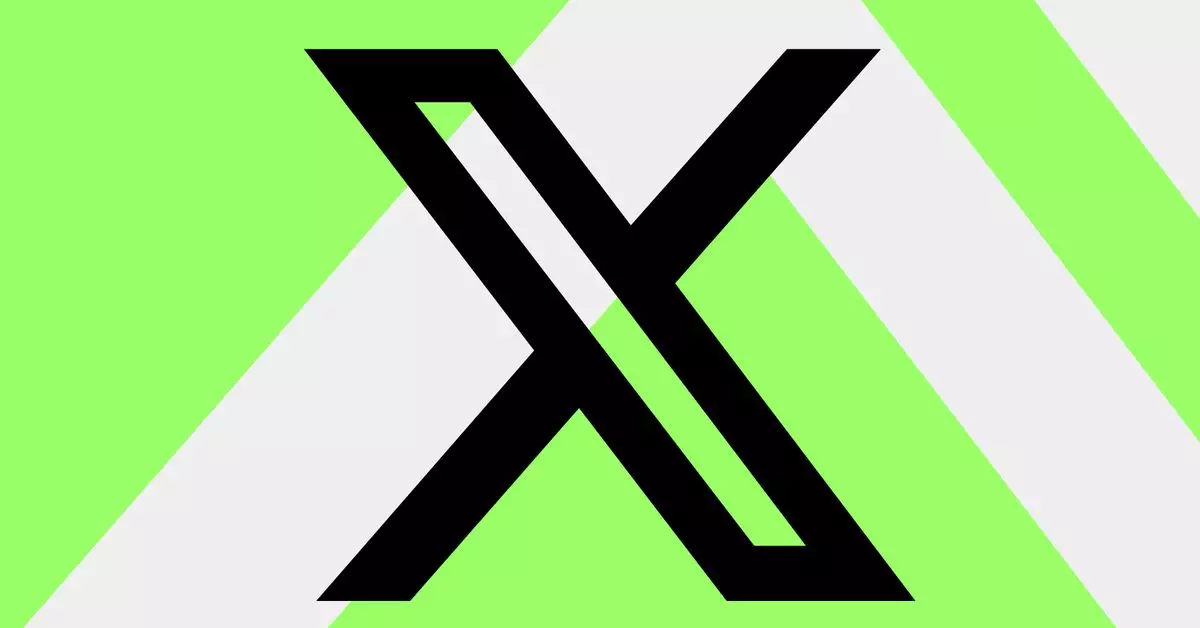In the ever-evolving landscape of social media governance, the recent developments regarding X’s reinstatement in Brazil illuminate the tensions between free speech advocacy and regulatory compliance. With a significant move made by X—formerly Twitter—following a Supreme Court ruling, Brazilian users might see a refreshing resurgence of the platform, albeit under controversial circumstances.
For those unfamiliar, X’s ban stemmed from its failure to address online threats to democracy as perceived by the Brazilian judiciary. The Supreme Court identified specific accounts whose operations could incite harm, leading to a temporary suspension of the platform by internet service providers (ISPs) in the nation. X had historically stood apart from other platforms, famously championing an ethos of unregulated speech; however, this unwavering stance faced direct scrutiny. The context involves not just a simple ban but intense discussions about the responsibilities social media companies have in upholding national laws versus their commitment to universal free speech.
As reported by the New York Times, the recent court filing indicated that X’s legal representatives conceded to Brazil’s legal demands, something that may seem contrary to the platform’s previous declarations. X has reportedly taken actions such as deleting specific accounts, settling financial penalties, and appointing a local representative—all steps that reflect a deliberate pivot towards compliance. This strategy appears to be a calculated attempt to exhibit good faith and adherence to Brazilian laws, which could ultimately pave the way for lifting the nationwide prohibition.
This scenario raises critical questions about the moral and ethical implications of balancing free speech with social responsibility. Elon Musk’s previous assertions about prioritizing unfiltered communication now contrast sharply with the company’s compliance with a national ruling that restricts certain types of speech.
The fallout from this decision reverberates beyond Brazil. X’s example illustrates a growing trend among tech giants grappling with local regulations while attempting to maintain their core principles. This dynamic introduces complexities in the global application of free speech, wherein platforms may find themselves torn between adhering to national laws and fostering an ethos of open expression.
As X embraces this new approach and aims for re-entry into the Brazilian market, users must grapple with what this means for their experience on the platform. The engagement of new legal representation and the subsequent filing suggest a proactive stance toward compliance, yet one can’t overlook the potential compromise of the very values that users joined the platform to uphold.
X’s return to Brazil marks a significant chapter in the ongoing dialogue surrounding online speech and regulation. By aligning itself with judicial requests, X raises pertinent questions about the balance between legal adherence and the foundational principles of free expression that have defined the platform. The situation not only underscores the complexities that social media platforms face globally but also signals that navigating this landscape will require ongoing negotiation between compliance and the ideals of unrestrained dialogue. As X’s actions unfold in response to Brazil’s Supreme Court, the broader implications for social media governance are poised to evolve, influencing the future of both the platform and its vast user base.


Leave a Reply